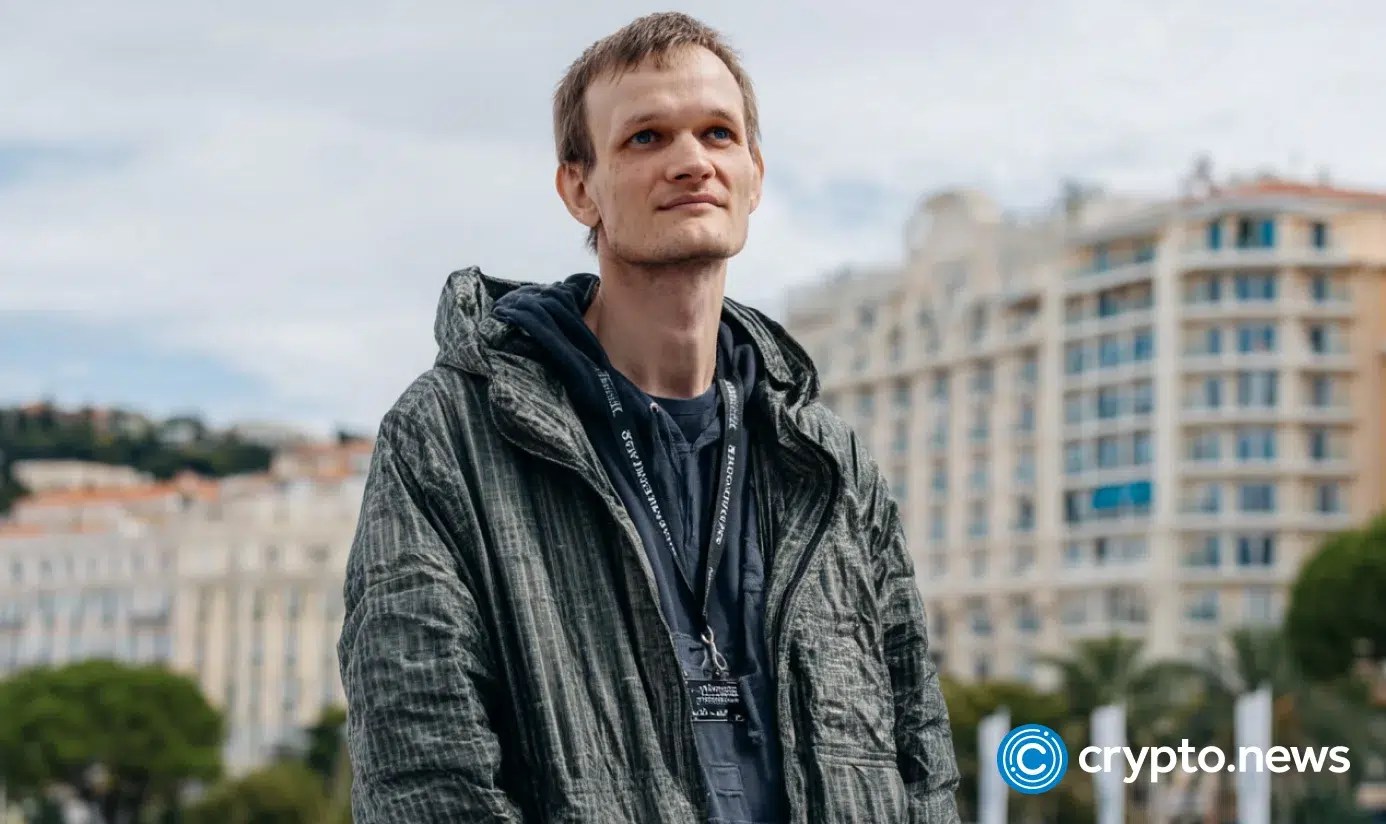Topline
Hundreds of public figures—including billionaires, former White House officials, prominent AI researchers, Nobel laureates, members of the British royal family and right-wing media figures—signed a petition calling for a ban on the development of “superintelligence”—an advanced form of artificial intelligence that is expected to surpass human cognitive ability.
Meghan, Duchess of Sussex, Prince Harry, Duke of Sussex at Project Healthy Minds’ World Mental Health Day Festival held at Spring Studio in New York.
Variety via Getty Images
Key Facts
The petition, organized by the non-profit Future of Life Institute—whose website names Elon Musk as an external advisor—calls for a “prohibition on the development of superintelligence.”
The petition says this moratorium should remain in place until there is “broad scientific consensus that it will be done safely and controllably” and “strong public buy-in.”
Billionaire Richard Branson, Apple co-founder Steve Wozniak, the Duke and Duchess of Sussex, Harry and Meghan, among 850 public figures who have signed the petition as of Wednesday morning.
Right-wing media figures Glenn Beck and Steve Bannon were also listed as verified signatories, along with evangelical leader Johnnie Moore, who previously served as adviser to President Donald Trump.
Several prominent AI researchers and scientists also signed the petition, including Yoshua Bengio and Nobel Laureate Geoffrey Hinton—who have been referred to as the “Godfathers of AI”—and UC Berkeley’s Stuart Russell—the co-author of one of the most definitive textbooks on AI.
Former U.S. National Security Adviser Susan Rice and former chairman of the Joint Chiefs of Staff, Michael Mullen, were among the prominent former government officials to sign the petition.
What Have The Signatories Said?
In a statement accompanying his signature, Yoshua Bengio wrote: “Frontier AI systems could surpass most individuals across most cognitive tasks within just a few years…To safely advance toward superintelligence, we must scientifically determine how to design AI systems that are fundamentally incapable of harming people, whether through misalignment or malicious use. We also need to make sure the public has a much stronger say in decisions that will shape our collective future.” Stuart Russell noted that the petition was not calling for “ban or even a moratorium in the usual sense” but rather a “proposal to require adequate safety measures for a technology that, according to its developers, has a significant chance to cause human extinction.”
Tangent
In March 2023, the Future of Life Institute published another petition, calling for a pause in “Giant AI Experiments,” which was signed by Elon Musk along with several others who also signed Wednesday’s petition. Musk, who now heads his own AI initiatives under his company xAI, has not yet signed the newest petition, and it is unclear if he will join in. On its website, the non-profit lists Musk as an external advisor and mentions that the billionaire has “highlighted the potential risks from advanced AI.” The institute’s research program on AI began in 2015, backed by a $10 million donation from Musk.
Source: https://www.forbes.com/sites/siladityaray/2025/10/22/public-figures-sign-petition-urging-ban-on-ai-superintelligence-including-harry-meghan-steve-bannon-and-richard-branson/


